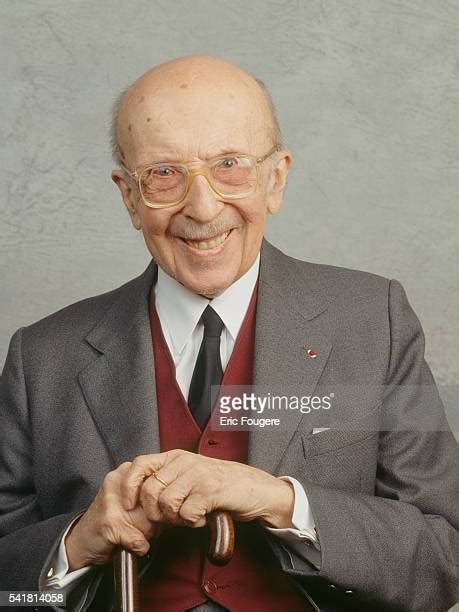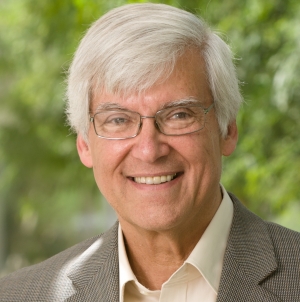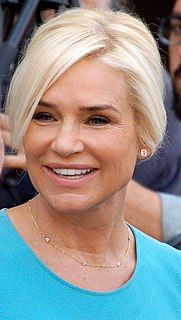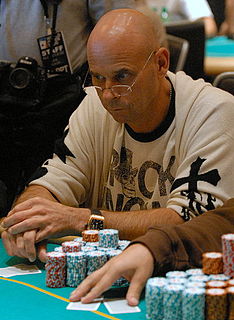A Quote by Quentin S. Crisp
I did not understand the differences between Catholic and Protestant until I was an adult.
Quote Topics
Related Quotes
The intention of Paul VI with regard to what is commonly called the Mass, was to reform the Catholic liturgy in such a way that it should almost coincide with the Protestant liturgy - but what is curious is that Paul VI did that to get as close as possible to the Protestant Lord's supper... there was with Paul VI an ecumenical intention to remove, or at least to correct, or at least to relax, what was too Catholic, in the traditional sense, and, I repeat, to get the Catholic Mass closer to the Calvinist Mass.
We all have views on what our Irishness means to us. Two members of the band were born in England and were raised in the Protestant faith. Bono's mother was Protestant and his father was Catholic. I was brought up Catholic. U2 are a living example of the kind of unity of faith and tradition that is possible in Northern Ireland.
The Protestant reformation was an attempt to recast the Christian faith in terms of the new learning of the 16th century, the enlightenment learning. It was the first time that the Christian church did not have the capacity to keep itself unified as it recast itself, so it split into Protestant and Catholic traditions.
Except for their genitals, I don't know what immutable differences exist between men and women. Perhaps there are some other unchangeable differences; probably there are a number of irrelevant differences. But it is clear that until social expectations for men and women are equal, until we provide equal respect for both sexes, answers to this question will simply reflect our prejudices.
There are very real differences between science fiction and realistic fiction, between horror and fantasy, between romance and mystery. Differences in writing them, in reading them, in criticizing them. Vive les différences! They're what gives each genre its singular flavor and savor, its particular interest for the reader - and the writer.

































